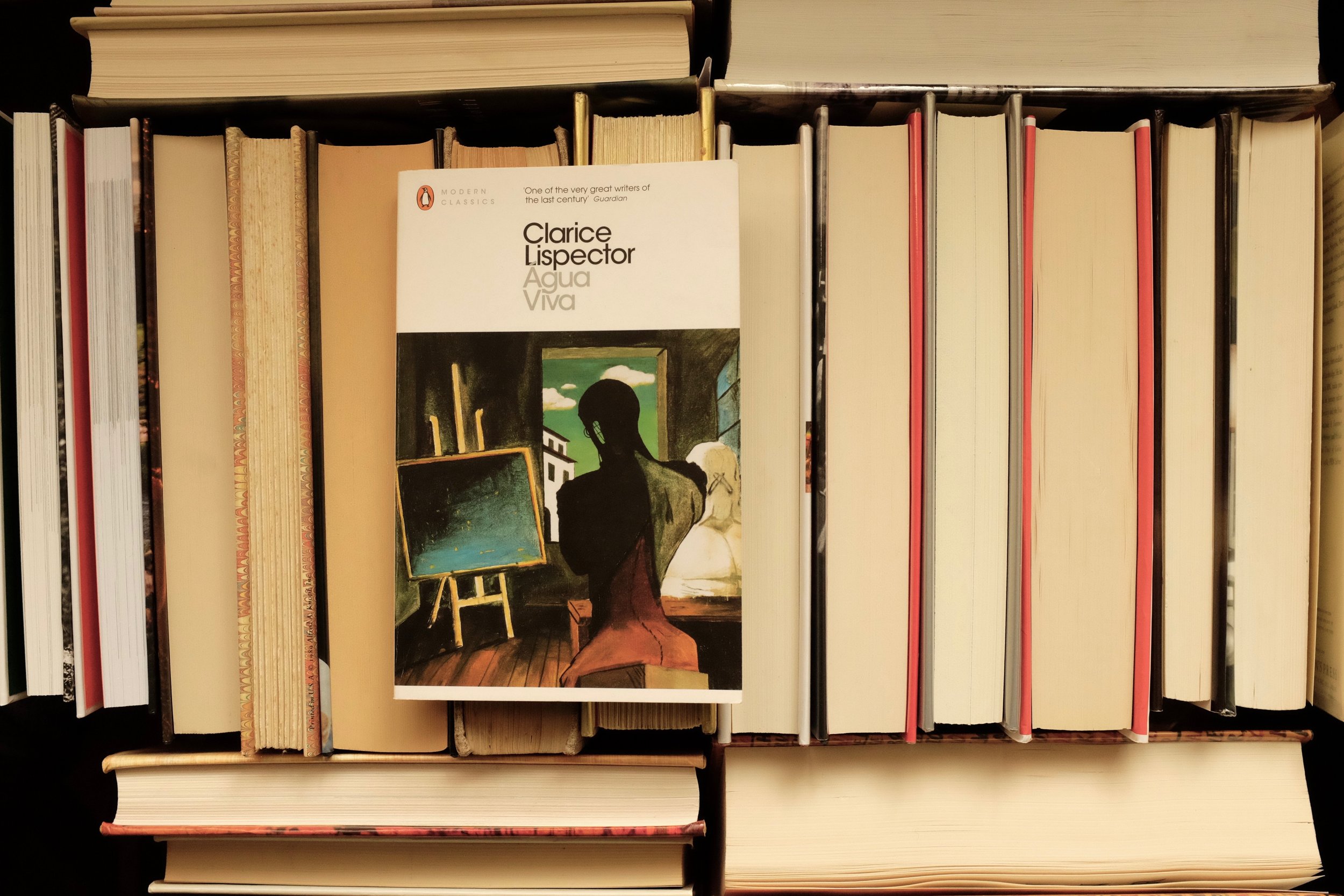London, 1940. Three men browse the bombed-out hull of Holland House Library. The photograph testifies at once to a city’s perseverance and also to the necessity of literature. It reveals our need—that singular reader’s need—to plunge into the world of the book, deepening reality in spite of all circumstances. People who read in public seek to engage with two authenticities at once. They live simultaneously in the their immediate surroundings—the bustling city, the chatter of cafés, the joyous trill of crowded beaches—and the vivid hum and scent of the book itself.
A year ago, keeping in mind that iconic photograph of readers in Holland House, Kevin Rabalais began making images of readers in public places. This post of Sacred Trespasses offers a variety of readers—yet only a sampling of the many I’ve encountered—in Melbourne, Australia, a UNESCO City of Literature.





















